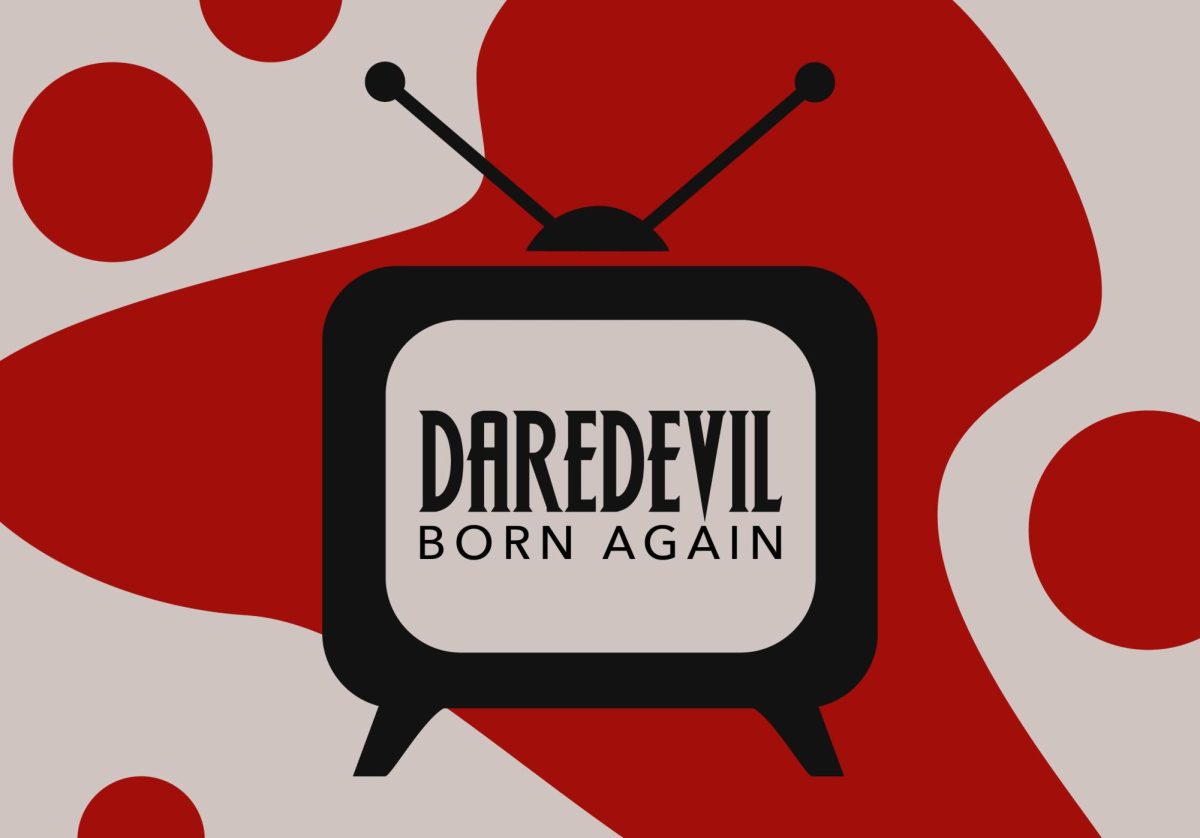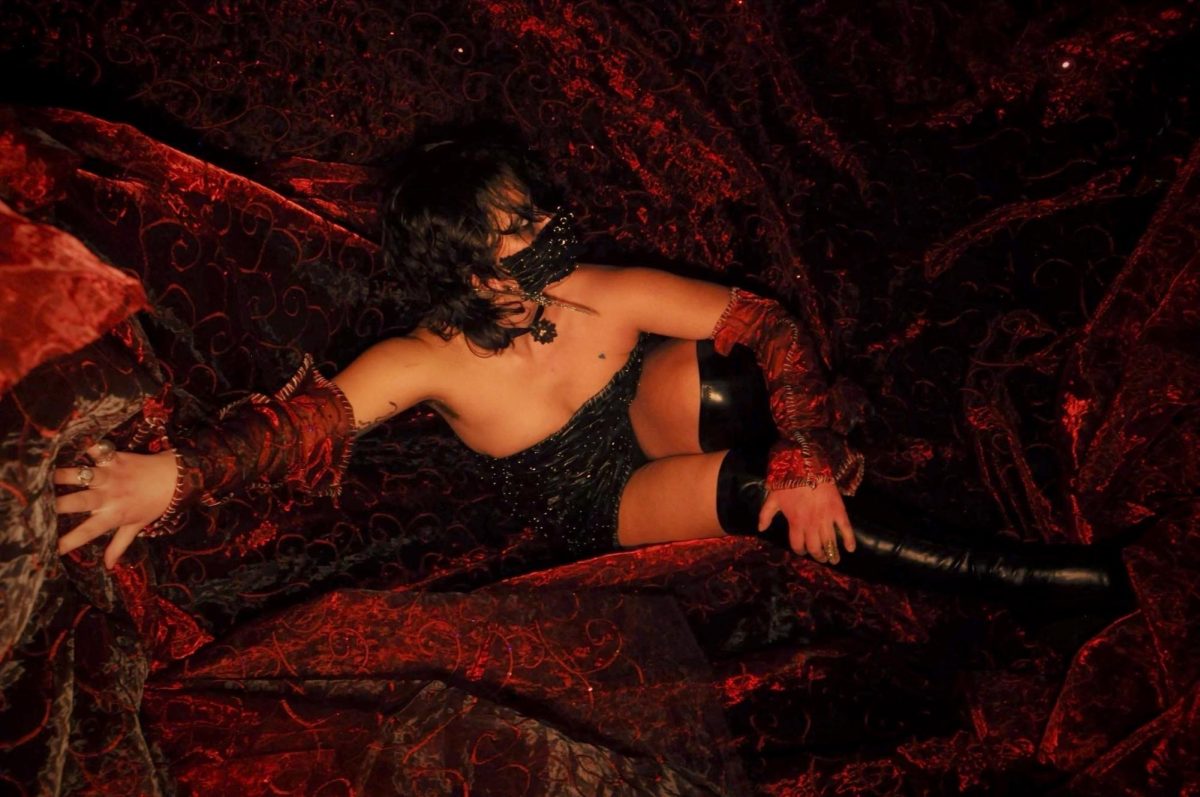Walking into the studio, situated in an industrial complex beside a gym, I passed through a door with a sign for Knockout Bodies, the pole-dancing studio where Angela Lofquist, better known by her stage name “Myss Angie,” works.
In what looked like an anteroom, a woman greeted me. I told her I was looking for Angela and that my name was Gunthar. “Gunthar,” she answered, “You’re standing in the middle of the women’s locker room.”
I looked through a doorway behind me to find a lady in underwear and a sports bra staring at me, not looking particularly surprised or bashful.
From here I was introduced to Lofquist, who escorted me through the lobby I should have been waiting in to begin with.
Lofquist, a pole dance instructor, pole dance competitor, former nutritionist and therapist sat down with me to discuss the world of pole dancing — a rising fitness trend in the United States.
How did you get your start in the pole dancing industry?
I started pole dancing for fitness and fun … I was taking classes in nutrition at the University of Minnesota, and I had been a fitness instructor for ten years before that. With pole I felt the need to share it with others. I felt how profound it was for my life and it kind of saved me. I did a lot of drugs and alcohol and was into the party scene, and I was kind of stuck. Then my instructor asked me one day if I wanted to work for her — my first class that I taught was Sexy Pole Kickboxing — we’d use the pole for support and have some sexy music and do some hip rolls and booty shakes.
And just like that you were hooked?
The thing about it is, I started because it was fun and fitness-y. What I didn’t know was the profound change that it would have on my psyche. I started loving my body and appreciating my different shape and my confidence. It all changed. I became a stronger person. I was able to encounter different situations with a better mindset. It totally empowered me as a woman to be like, “I am awesome.”
What in particular about pole dancing do you think encouraged this change in your psyche?
There’s something about the community … It’s like, ‘Wow I can do pull-ups, and I can do it in a room full of women … and nobody’s pointing or laughing or judging. It’s so different from the outside world because women are taught to compete against each other and look a certain way and be a certain size. But when you’re in pole class it’s like, “Who cares?” Also sexuality: as a person, if you don’t accept your sexuality, whether in public or in private — if you don’t give it a time of its own — it kind of closes you off. [Sexuality] made me unsure of who I was, so to be unable to unlock that was powerful.
I suppose you would know, having worked as a therapist.
Yes — one class of pole dancing is like months of therapy.
I can sit and counsel someone for a month or two and still not even get to their core of what’s going on in their life, but they come to pole class and are like, “I’m so empowered.”
Do you think that need to feel sexy is what draws people to it?
If a woman or a man were to decide they wanted to do pole dancing, they could make it any genre or kind that they wanted — and that’s the mission I have. It could be sexy and look like when you go to the club and are putting singles in dancers shorts, or it could [be] sporty, lyrical, contemporary, funny … it’s one thing to go to the gym and do bicep curls — it’s another thing to go to the gym and move in a way that’s natural and makes your body feel good in every direction.
Have you met anyone that doesn’t even consider it because of the connotations of pole dancing?
That’s a conversation that happens in our community — women owning their sexuality and using it for themselves… it’s somehow viewed really negatively. If a male or a company uses women’s sexuality to sell things though, then it’s totally fine.
With that said, are there some professional exotic dancers who get lessons from you?
There are some who come into the studio just to brush up some skills … not as many as you’d think though. Sometimes they just want to be safe — learning the different grips and how to fall safely.
So having worked at clubs isn’t a requirement of this career?
I’m not a stripper — and haven’t been — but I do have friends that are.
Have you ever had negative responses to your shows?
The whole point is to remove the negative stigma and to show you what the sport could be, but a bunch of people were calling and complaining to the community center (that hosted a competition).
How has the sport grown in the last decade?
I wouldn’t have even called it a sport until five years ago. I was uncomfortable at first because I started to go to competitions, and we would just barely be allowed to go to burlesque shows. I felt like it just wasn’t the same, and not the same caliber of athleticism — what they were doing didn’t compare to what we were doing.
But Russia’s way ahead of us in pole dancing — they have the most amazing athletes and they start them so young — like six and seven. There’s a big movement trying to get it into the Olympics, and if it does, Russia will win.







